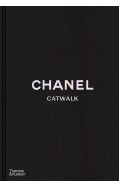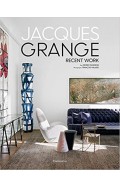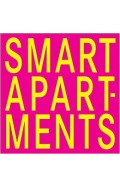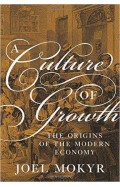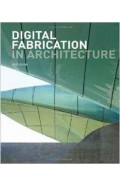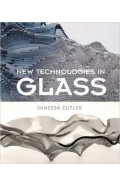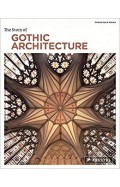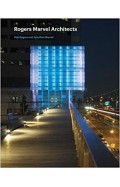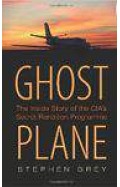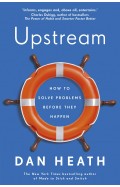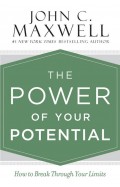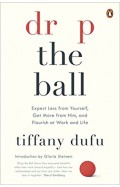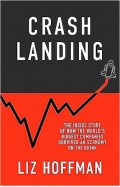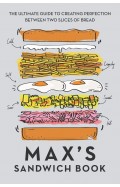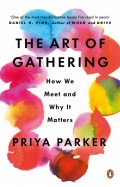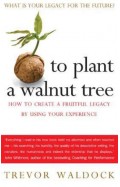Extreme Minimalism - Architecture
By: Chris van Uffelen
-
Rs 11,045.75
- Rs 12,995.00
- 15%
You save Rs 1,949.25.
Due to constant currency fluctuation, prices are subject to change with or without notice.
Masterpieces: Performance Architecture + Design
By: Chris van Uffelen
Rs 4,547.50 Rs 5,350.00 Ex Tax :Rs 4,547.50
Residential Architecture For Senior Citizens (Architecture In Focus) - [HB]
By: Chris van Uffelen
Rs 5,605.75 Rs 6,595.00 Ex Tax :Rs 5,605.75
The Beauty of Space - Living in Minimal Style
By: Chris van Uffelen
Rs 6,540.75 Rs 7,695.00 Ex Tax :Rs 6,540.75
Bricks Now & Then - The Oldest Man-Made Building Material
By: Chris van Uffelen
Rs 7,871.25 Rs 10,495.00 Ex Tax :Rs 7,871.25
Contemporary Architecture - Masterpieces Around the World
By: Chris van Uffelen
Rs 25,195.50 Rs 27,995.00 Ex Tax :Rs 25,195.50
Extreme Minimalism - Architecture
By: Chris van Uffelen
Rs 11,045.75 Rs 12,995.00 Ex Tax :Rs 11,045.75
Zubin Mehta: A Musical Journey (An Authorized Biography)
By: VOID - Bakhtiar K. Dadabhoy
Rs 892.50 Rs 1,050.00 Ex Tax :Rs 892.50
Dior Catwalk: The Complete Collections
By: Alexander Fury
Rs 21,595.50 Rs 23,995.00 Ex Tax :Rs 21,595.50
CHANEL CATWALK - The Complete Karl Lagerfeld Collections (1983-2019).
By: Patrick Mauries
Rs 21,595.50 Rs 23,995.00 Ex Tax :Rs 21,595.50
Contemporary Architecture - Masterpieces Around the World
By: Chris van Uffelen
Rs 25,195.50 Rs 27,995.00 Ex Tax :Rs 25,195.50
Culture City How Culture Leaves Its Mark on Cities and Architecture Around the World
By: Wilfried Wang
Rs 3,997.50 Rs 7,995.00 Ex Tax :Rs 3,997.50
The Story of Gothic Architecture (Story Of... (Prestel))
By: Francesca Prina
Rs 1,950.75 Rs 2,295.00 Ex Tax :Rs 1,950.75
Sound Materials Innovative SoundAbsorbing Materials for Architeure and Design
By: tyler adams
Rs 8,495.75 Rs 9,995.00 Ex Tax :Rs 8,495.75
Dior Catwalk: The Complete Collections
By: Alexander Fury
Rs 21,595.50 Rs 23,995.00 Ex Tax :Rs 21,595.50
CHANEL CATWALK - The Complete Karl Lagerfeld Collections (1983-2019).
By: Patrick Mauries
Rs 21,595.50 Rs 23,995.00 Ex Tax :Rs 21,595.50
Contemporary Architecture - Masterpieces Around the World
By: Chris van Uffelen
Rs 25,195.50 Rs 27,995.00 Ex Tax :Rs 25,195.50
Ghost Plane The Inside Story Of The CIAs Secret Rendition Programme
By: Stephen Grey
Rs 1,695.75 Rs 1,995.00 Ex Tax :Rs 1,695.75
Upstream: How to solve problems before they happen
By: Dan Heath
Rs 2,800.75 Rs 3,295.00 Ex Tax :Rs 2,800.75
The Power of Your Potential - How to Break Through Your Limits
By: John C. Maxwell
Rs 2,965.50 Rs 3,295.00 Ex Tax :Rs 2,965.50
Drop the Ball: Expect Less from Yourself and Flourish in Work & Life
By: Tiffany Dufu
Rs 930.75 Rs 1,095.00 Ex Tax :Rs 930.75
Max's Sandwich Book - The Ultimate Guide to Creating Perfection Between Two Slices of Bread
By: Max Halley
Rs 2,120.75 Rs 2,495.00 Ex Tax :Rs 2,120.75
The Art of Gathering: How We Meet and Why It Matters
By: Priya Parker
Rs 2,515.50 Rs 2,795.00 Ex Tax :Rs 2,515.50
To Plant A Walnut Tree How To Create A Fruitful Legacy By Using Your Experience
By: Trevor Waldock & Shenaz Kelly-Rawat
Rs 1,297.50 Rs 2,595.00 Ex Tax :Rs 1,297.50
Zubin Mehta: A Musical Journey (An Authorized Biography)
By: VOID - Bakhtiar K. Dadabhoy
Rs 892.50 Rs 1,050.00 Ex Tax :Rs 892.50
Masterpieces: Performance Architecture + Design
By: Chris van Uffelen
Rs 4,547.50 Rs 5,350.00 Ex Tax :Rs 4,547.50
Residential Architecture For Senior Citizens (Architecture In Focus) - [HB]
By: Chris van Uffelen
Rs 5,605.75 Rs 6,595.00 Ex Tax :Rs 5,605.75
The Beauty of Space - Living in Minimal Style
By: Chris van Uffelen
Rs 6,540.75 Rs 7,695.00 Ex Tax :Rs 6,540.75
Bricks Now & Then - The Oldest Man-Made Building Material
By: Chris van Uffelen
Rs 7,871.25 Rs 10,495.00 Ex Tax :Rs 7,871.25
Contemporary Architecture - Masterpieces Around the World
By: Chris van Uffelen
Rs 25,195.50 Rs 27,995.00 Ex Tax :Rs 25,195.50
Extreme Minimalism - Architecture
By: Chris van Uffelen
Rs 11,045.75 Rs 12,995.00 Ex Tax :Rs 11,045.75
Dior Catwalk: The Complete Collections
By: Alexander Fury
Rs 21,595.50 Rs 23,995.00 Ex Tax :Rs 21,595.50
CHANEL CATWALK - The Complete Karl Lagerfeld Collections (1983-2019).
By: Patrick Mauries
Rs 21,595.50 Rs 23,995.00 Ex Tax :Rs 21,595.50
Contemporary Architecture - Masterpieces Around the World
By: Chris van Uffelen
Rs 25,195.50 Rs 27,995.00 Ex Tax :Rs 25,195.50












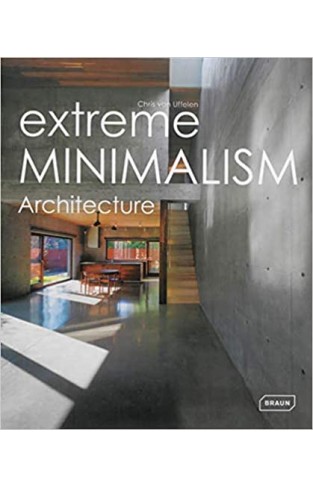
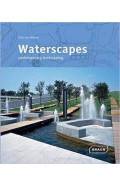
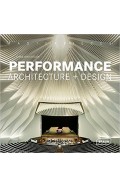
![Residential Architecture For Senior Citizens (Architecture In Focus) - [HB]](https://www.libertybooks.com/image/cache/01 ZEESHAN/Residential-Architecture-For-Senior-Citizens-(Architecture-In-Focus)-[HB]-120x187.jpg?q6)
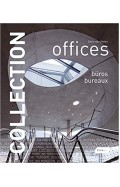
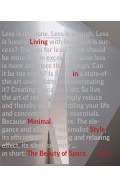
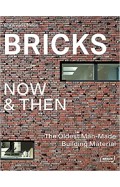
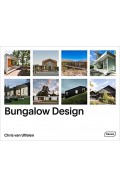
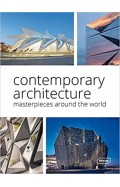
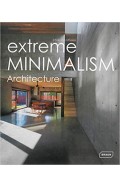
-120x187.jpg?q6)







